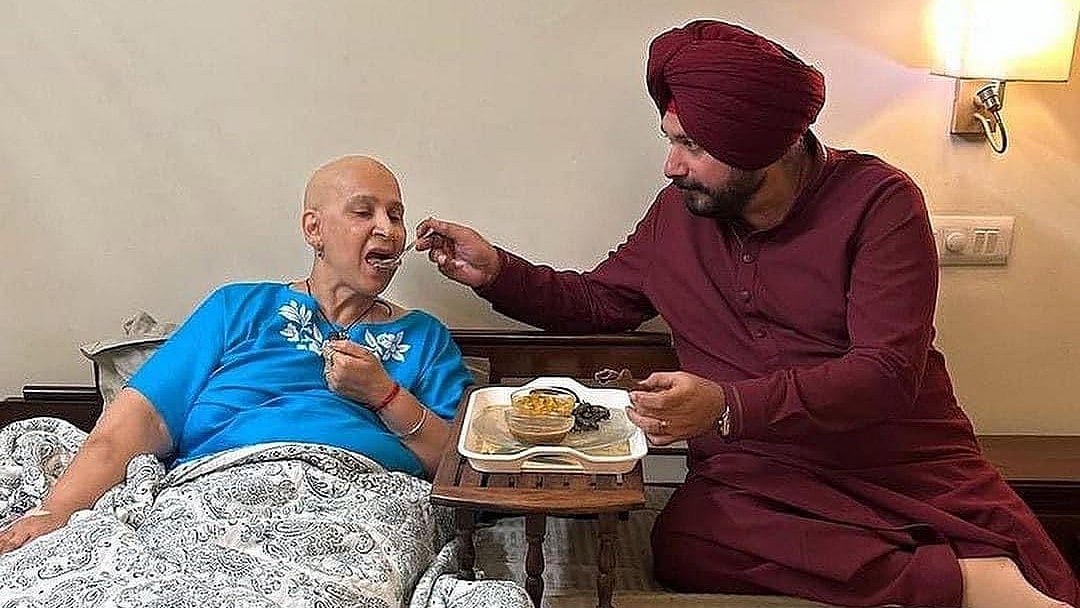Israel has urged the Maharashtra government to revive the master plan for the ambitious water-grid project for the parched Marathwada region which was delayed due to the Covid-19 pandemic, an official said here on Friday.
A high-level delegation led by Israel's Deputy Director-General for Asia and Pacific Rafael Harpaz called on Governor Bhagat Singh Koshyari on Thursday and sought the state government's support to resurrect the project.
In February 2018, Israel's national water company Mekorot had chosen Maharashtra's Marathwada region to conduct a comprehensive water resources survey and then help develop a water grid to solve the woes of the people here.
As per the agreement, Mekorot would bring in the technology, knowhow and systems for the survey, prepare a water supply master plan to eliminate the water problems plaguing the region spread over 65,000 sq. kms.
The agreement for the Rs 10,000 crore project was signed between Israel and Maharashtra during the visit of the then Israeli Prime Minister Benjamin Netanyahu, intended to ease the water shortages afflicting the three crore population of Marathwada.
Marathwada is sprawled across 8 districts - Aurangabad, Beed, Latur, Osmanabad, Parbhani, Jalna, Nanded and Hingoli with nearly 13,000 villages which need thousands of tankers every summer to provide drinking water.
The Mekorot master plan envisages inter-linking of at least 11 dams in Marathwada to create a water-grid and ensure uninterrupted water supply for the region, but the proposal got bogged down due to the Covid-19 pandemic which ranged across the state in 2020-2021.
Koshyari expressed his gratitude to the Israeli delegation and said that its help in the water management of Marathwada will prove to be a boon to the people for the region.
Israel Consul-General in Mumbai Kobbi Shoshani also informed the Governor that his country had recently gifted a state-of-the-art cancer treatment device to the Tata Memorial Hospital in Mumbai.
The success of treatment of cancer through the ICE Cure Cryoablation Device has been found to be 98 per cent and said that early detection of the disease helps in its effective treatment.










